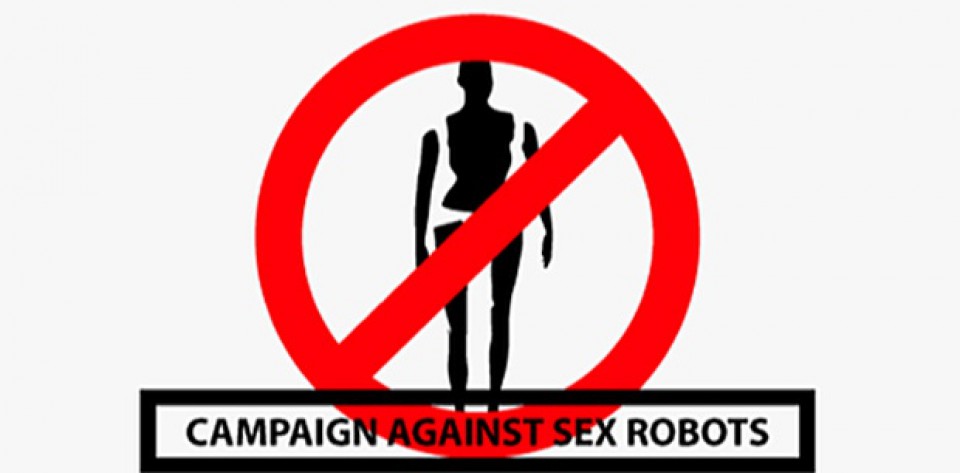In a recent article, Robert A. Levine described a world — and the consequences — where computers and robots will assist or take over “every type of work in every field of human endeavor,” where “computers and robots will be able to do virtually everything humans now do.”
Levine’s serious and informative piece focused on the impact such advances in robotics and automation will have on productivity, employment and society in general.
Readers commented in various ways on how automation and robots have affected them and will impact others and the future.
One reader suggested that in hi-tech “robots can perform tasks mere humans can’t do.”
Another reader said, “There will always something new to do… new to create… innovate…”
A third reader started out with, “As the old saying goes, the idle brain is the devil’s playground.”
Finally a reader stated “The problem that this article discusses might actually be stated more correctly as ‘what do we do when we find ourselves with more slaves than we need?’”
All four comments collectively came to mind when I read a thought-provoking article this morning about entrepreneurs allowing the devil to use their brain as a playground, about doing something “new,” “innovative” by creating “more slaves than we need” to perform in areas where mere humans are already doing just fine and where robots perhaps should not tread.
The piece by Caitlin Gibson at The Washington Post is about how robots –“sexbots” — are coming and may become involved in and “transform” one of the most personal and intimate aspects of human activity: our love life.
While I found Gibson’s piece somewhat interesting, perhaps in a way amusing, I also found it to be somewhat scary, ominous and foreboding.
Not because of the novelty of it. Humans have been using “sex toys” and other means and methods to stimulate their sex life for eons. Today there are innumerable gadgets and apps, ”that promise happier relationships and more meaningful connections.”
Not because of what future technology may bring:
From here, it only gets sexier or scarier, depending on your perspective. Experts predict that future generations will get frisky with the help of virtual reality goggles, holograms, stimulating bodysuits and, yes, erotic robots.
But because, as Gibson herself asks: “What is the line between augmenting human connection with technology, and replacing it altogether?”
Gibson discusses many aspects of this “emerging technology.”
Some believe that “involving technology in our sex lives can be a glorious game-changer for anyone,” just another part of a healthy lifestyle — “Just like eating well and exercising…”
Others claim that “remote-controlled sex toys,” “interactive virtual sex,” “high-tech sex,” etc., can do wonders for long distance relations (“Think about that Marine soldier overseas, wanting to somehow intimately connect with his partner or his wife…”), enhance the sex lives of people with disabilities, reduce the number of sexually transmitted diseases and of unplanned pregnancies.
Fortunately, according to Gibson, even some of those who make sex toys their livelihood believe that no matter “how technology supplements human contact, it will never be a true substitute.”
Laura Berman, an author and relationship expert who has studied the future of sex and technology, agrees:
In the end, nothing really is going to replace that soul-to-soul connection, that human connection of sex…I don’t think that’s going to go away. I don’t think we’re at risk of totally losing that.
Others have come out more forcefully against the “ascent sex robot industry,” such as The Campaign Against Sex Robots.*
Read here how “Having sex with robots is really, really bad” and decide for yourself. You probably already have.
*CODA:
From The Campaign Against Sex Robots:
Over the last decades, an increasing effort from both academia and industry has gone into the development of sex robots – that is, machines in the form of women or children for use as sex objects, substitutes for human partners or prostituted persons.
The Campaign Against Sex Robots highlights that these kinds of robots are potentially harmful and will contribute to inequalities in society. We believe that an organized approach against the development of sex robots is necessary in response to the numerous articles and campaigns that now promote their development without critically examining their potentially detrimental effect on society. As humanoid robots become more widespread it is necessary to develop an engaged ethical response to the development of these new technologies.
Lead Image: Courtesy The Campaign Against Sex Robots

















